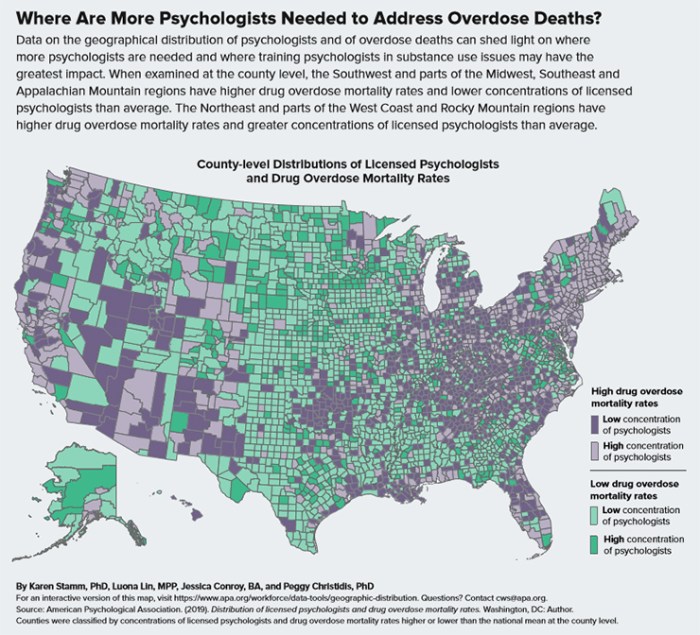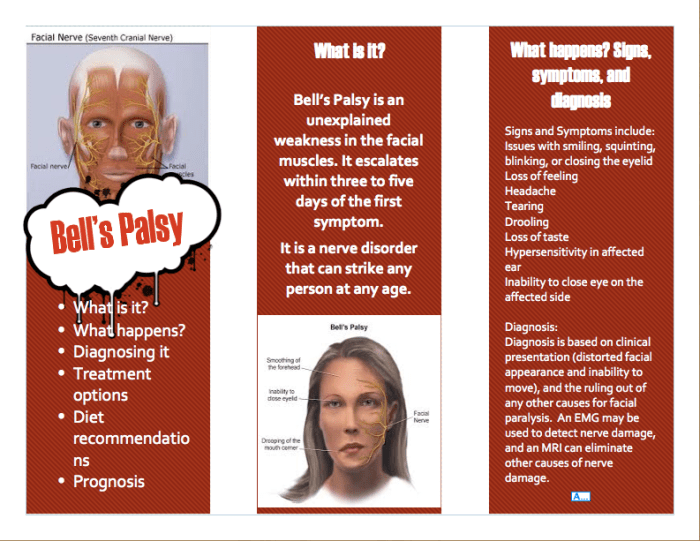Nervous system codes are used only by psychiatrists and psychologists. – Nervous system codes are used only by psychiatrists and psychologists, providing a specialized language for describing and classifying mental disorders. These codes, rooted in a rich history, offer a standardized approach to diagnosis and treatment, facilitating effective communication among healthcare professionals.
Their development has revolutionized the field of mental health, enabling precise and consistent documentation of patient symptoms and conditions.
1. Definition and Context: Nervous System Codes Are Used Only By Psychiatrists And Psychologists.
Nervous system codes are standardized systems used by psychiatrists and psychologists to record and communicate information about the nervous system and its functions. They provide a structured and objective way to document observations, diagnoses, and treatment plans, ensuring consistency and accuracy in clinical practice.
Historical Evolution
The earliest nervous system codes emerged in the 19th century with the development of psychiatric classification systems. These codes were primarily descriptive and focused on categorizing mental disorders based on their symptoms. Over time, as the understanding of the nervous system expanded, so too did the complexity and sophistication of nervous system codes.
Types of Nervous System Codes
There are several different types of nervous system codes, each with its own purpose and scope:
- Diagnostic and Statistical Manual of Mental Disorders (DSM): The DSM is a widely used diagnostic system that provides criteria for diagnosing mental disorders. It is published by the American Psychiatric Association.
- International Classification of Diseases (ICD): The ICD is a comprehensive system of health codes that includes codes for mental disorders. It is published by the World Health Organization.
- Systematized Nomenclature of Medicine (SNOMED): SNOMED is a clinical terminology system that includes codes for a wide range of medical concepts, including those related to the nervous system.
2. Usage and Applications
Nervous system codes are used by psychiatrists and psychologists in a variety of settings, including:
- Clinical diagnosis: Nervous system codes are used to diagnose mental disorders and other conditions affecting the nervous system.
- Treatment planning: Nervous system codes can be used to guide treatment decisions by providing information about the patient’s symptoms, diagnosis, and prognosis.
- Research: Nervous system codes are used in research studies to investigate the causes, prevalence, and treatment of mental disorders.
Benefits of Using Nervous System Codes
- Standardization: Nervous system codes provide a standardized way to record and communicate information about the nervous system, ensuring consistency and accuracy across different clinicians and settings.
- Objectivity: Nervous system codes are based on objective criteria, which helps to reduce bias and subjectivity in clinical assessments.
- Data sharing: Nervous system codes facilitate data sharing between different clinicians and researchers, which can support collaboration and improve the quality of care.
Limitations of Using Nervous System Codes
- Complexity: Nervous system codes can be complex and difficult to use, especially for clinicians who are not familiar with them.
- Lack of specificity: Nervous system codes may not be specific enough to capture the full range of symptoms and presentations that can occur in mental disorders.
- Stigma: The use of nervous system codes can sometimes lead to stigma and discrimination, as people may be labeled with a mental disorder based on their code.
3. Training and Certification

Professionals who use nervous system codes typically receive training and certification through specialized programs or courses. These programs provide instruction on the principles and application of nervous system codes, as well as the ethical and legal guidelines surrounding their use.
Ethical Guidelines
- Nervous system codes should be used only by qualified professionals who have received appropriate training.
- Nervous system codes should be used for their intended purpose and should not be used to label or stigmatize individuals.
- Professionals should be aware of the limitations of nervous system codes and should use them in conjunction with other clinical information.
Continuing Education
Professionals who use nervous system codes are required to complete continuing education courses to maintain their certification. These courses provide updates on the latest developments in nervous system coding and ensure that professionals are up-to-date on best practices.
4. Limitations and Criticisms

While nervous system codes can be a valuable tool in clinical practice, they also have some limitations and have been the subject of criticism:
Potential for Misinterpretation
Nervous system codes can be misinterpreted or misused, leading to inaccurate diagnoses or inappropriate treatment. This is particularly true when codes are used by clinicians who are not familiar with their proper application.
Challenges in Standardization
Standardizing nervous system codes across different settings and countries can be challenging. This can lead to confusion and inconsistency in clinical practice.
Lack of Validity
Some critics argue that nervous system codes lack validity, as they are based on subjective criteria and may not accurately reflect the underlying pathology of mental disorders.
5. Future Directions

The field of nervous system coding is constantly evolving, with new developments and technologies emerging to improve the accuracy, reliability, and usability of these codes. Some of the future directions in this field include:
Artificial Intelligence
Artificial intelligence (AI) is being used to develop new methods for analyzing and interpreting nervous system codes. AI algorithms can help to identify patterns and trends that may not be apparent to human clinicians, leading to more accurate and personalized diagnoses.
Machine Learning, Nervous system codes are used only by psychiatrists and psychologists.
Machine learning (ML) is another promising technology that can be used to improve the accuracy of nervous system codes. ML algorithms can learn from large datasets of clinical data to identify the most relevant codes for a given patient.
Data Sharing
Data sharing is essential for improving the quality and consistency of nervous system codes. By sharing data across different clinicians and researchers, it is possible to identify and address any inconsistencies or biases in the codes.
Essential Questionnaire
Who uses nervous system codes?
Psychiatrists and psychologists exclusively use nervous system codes.
What is the purpose of nervous system codes?
Nervous system codes provide a standardized language for describing and classifying mental disorders, facilitating accurate diagnosis and effective treatment.
How are nervous system codes developed?
Nervous system codes are developed through a rigorous process involving experts in psychiatry and psychology, ensuring their validity and reliability.
What are the benefits of using nervous system codes?
Nervous system codes enhance communication among healthcare professionals, promote accurate documentation, and facilitate research and data analysis.
What are the limitations of using nervous system codes?
Nervous system codes may have limitations in capturing the full complexity of mental disorders and can be subject to misinterpretation or misuse.